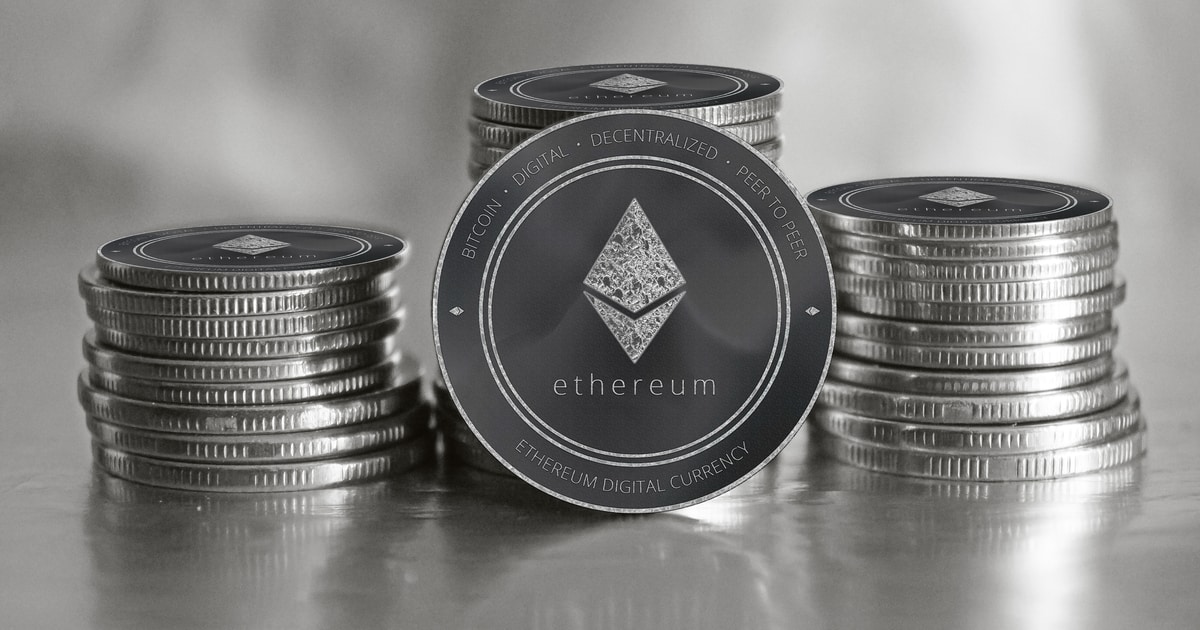Paradigm and Wevm have launched Frog, a new toolkit to accelerate the development of Farcaster Frames with the goal of transforming social media with interactive elements.
Paradigm has teamed up with Wevm to launch Frog, a comprehensive toolkit designed to streamline frame creation in Farcaster. Announced on February 28, 2024, Frog promises to mark a significant milestone in the advancement of social media applications by giving developers the ability to create high-performance frames with minimal code and deploy them on the infrastructure of their choice.
Similar to a decentralized version of Twitter, Farcaster introduces the concept of frames, allowing developers to transform standard posts, or “casts”, into interactive elements. Interactive app integrations within Farcaster clients, such as Warpcast, are redefining user engagement on social platforms. By leveraging open graph protocols, Frames have become a tool for creating “interactive social rich objects,” transforming the landscape for both content creators and consumers.
The Frog framework emerged as a response to the need for a simple yet powerful developer experience for building these frameworks. With an integrated debugger and real-time reloading support, Frog promotes rapid development cycles and ensures immediate feedback and the ability to iterate. Additionally, the framework is built on top of Hono, a highly performant and lightweight JavaScript web framework, further emphasizing the speed and efficiency of the development process.
Developers are particularly interested in Frog’s feature-rich local debugger, state management via “state derivation”, and intuitive frame linking using “actions”. The versatility of frameworks without vendor lock-in and incompatibility across different JavaScript runtimes and platforms, such as Cloudflare, Vercel, Next.js, and Bun, is also a plus.
The reason we created Frog was to address the limitations developers face when handling server-rendered meta tags, as well as constraints in client-side responsiveness, tag size, behavior, and security concerns. Frog aims to abstract away this complexity so developers can focus solely on innovation and user experience.
As Frog builds and improves, the next expected feature is “transaction” integration for frames, which is expected to further enrich the Farcaster ecosystem. The team also plans to develop Framehouse, a similar tool to Lighthouse to help developers optimize frames for performance and compliance with best practices.
In the spirit of open source collaboration, Frog is freely available on Github, with extensive documentation and a support chat room. Frog’s creators, including Achal Srinivasan, Georgios Konstantopoulos, awkweb, and jxom, encourage the developer community to engage with the framework, contribute to its development, and share feedback.
With the goal of revolutionizing the developer experience for the Farcaster community, Frog is poised to make a significant impact on the future of social media interaction and the broader decentralized application landscape.
Image source: Shutterstock

